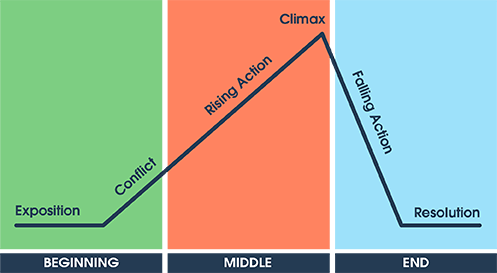Critical Thinking Skills Graphic Organizer

You can find this storyboard in the following articles and resources:

Developing Critical Thinking Skills
by Lauren Ayube
Critical thinking is the active process of gathering and analyzing information in order to form an opinion or judgement. It is not limited to a certain subject area or grade level, but rather the general ability to think in a clear and rational way.
'
Check out some of our other educational articles!
Storyboard Description
Developing Critical Thinking Skills in students is key. The most important ones are analysis, communication, creativity, open-mindedness, and problem solving.
Storyboard Text
- Analysis
- Interpret
- Research
- Ask Questions
- Notice Patterns
- Communication
- Actively Listen
- Present
- Explain
- Creativity
- Infer
- Make Connections
- Imagine
- Predict
- Be Curious
- Diversity
- Open-Mindedness
- Objectivity
- Inclusivity
- Fairness
- Problem Solving
- Pay Attention to Detail
- Make Decisions
- Clarify
- Evaluate
- An important part of critical thinking is examining and analyzing something. This could include written text, actual data, or a problem that is presented.
- Oftentimes students will share their thoughts and conclusions with a group or a partner, and have to collaborate in some way. Being able to work with others and communicate effectively is a key element to critical thinking.
- Another important skill for a critical thinker is innovation and creativity; not being afraid to think out of the box, try something different, and approach things from all angles is key.
- A critical thinker is someone who is able to think without judgement, bias, or assumption. It is important to simply pay attention to the information itself and draw conclusions with a clear mind.
- Perhaps the most important skill of a critical thinker is the ability to solve problems. Problem solving includes understanding the problem, coming up with and implementing a solution, and assessing the outcome of your plan.
Over 30 Million Storyboards Created
No Downloads, No Credit Card, and No Login Needed to Try!





